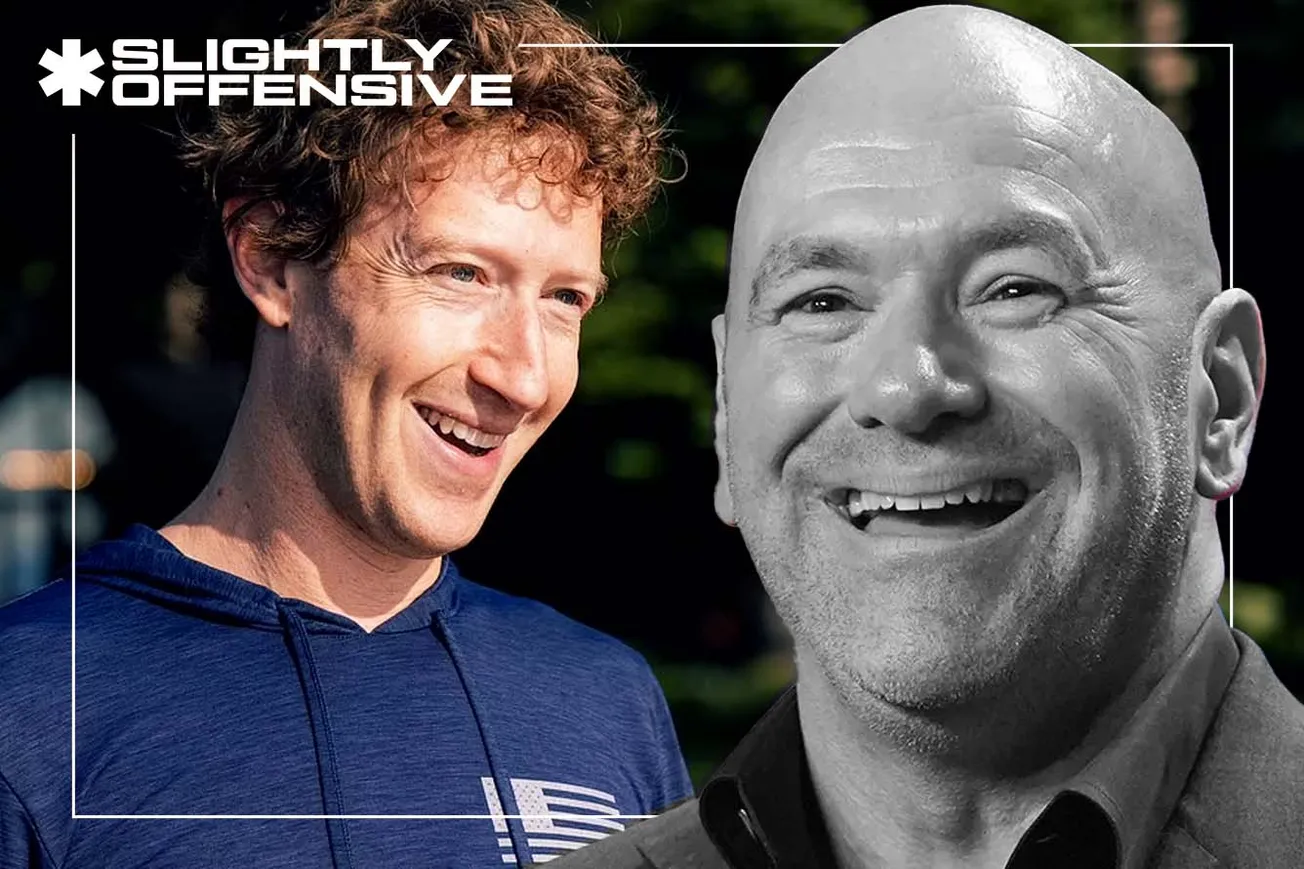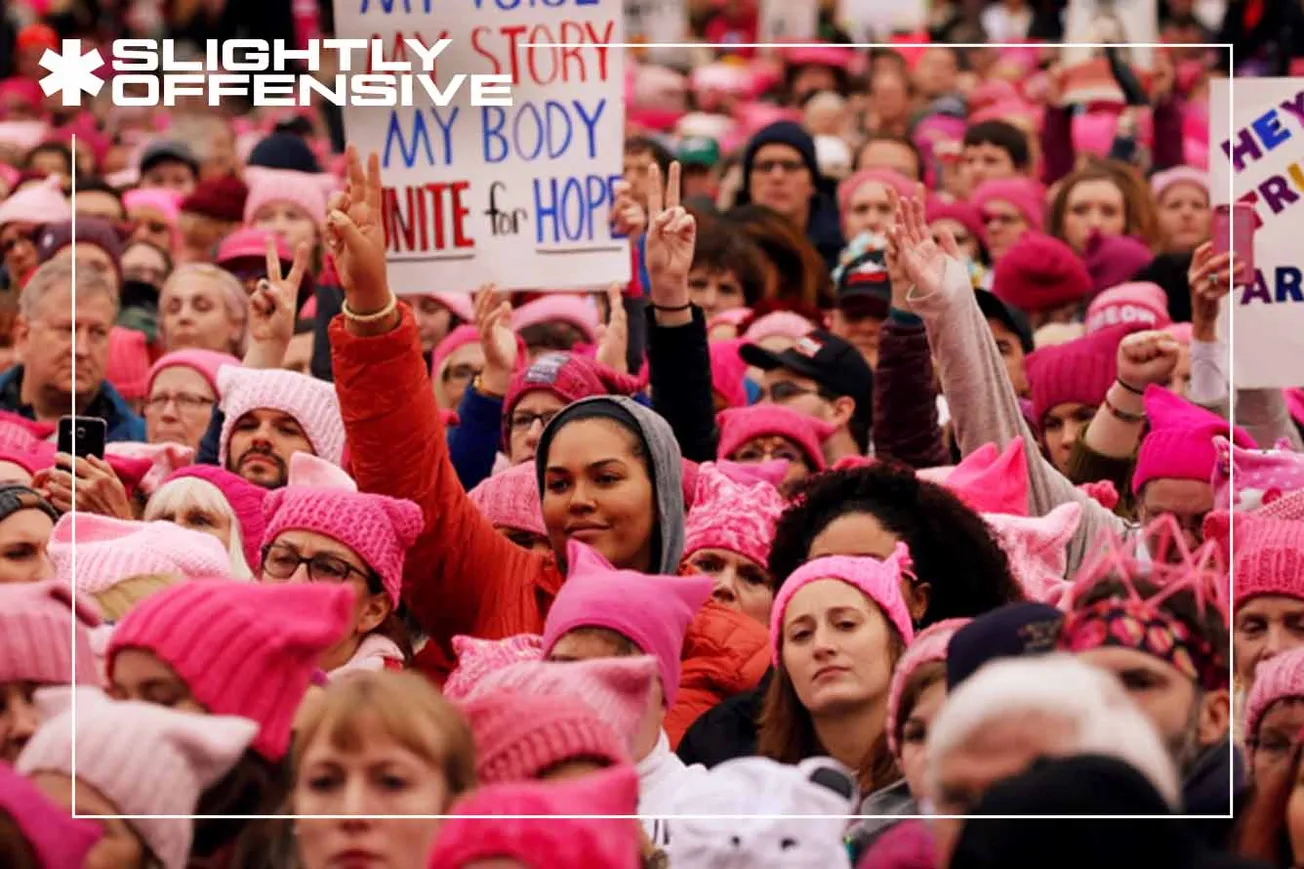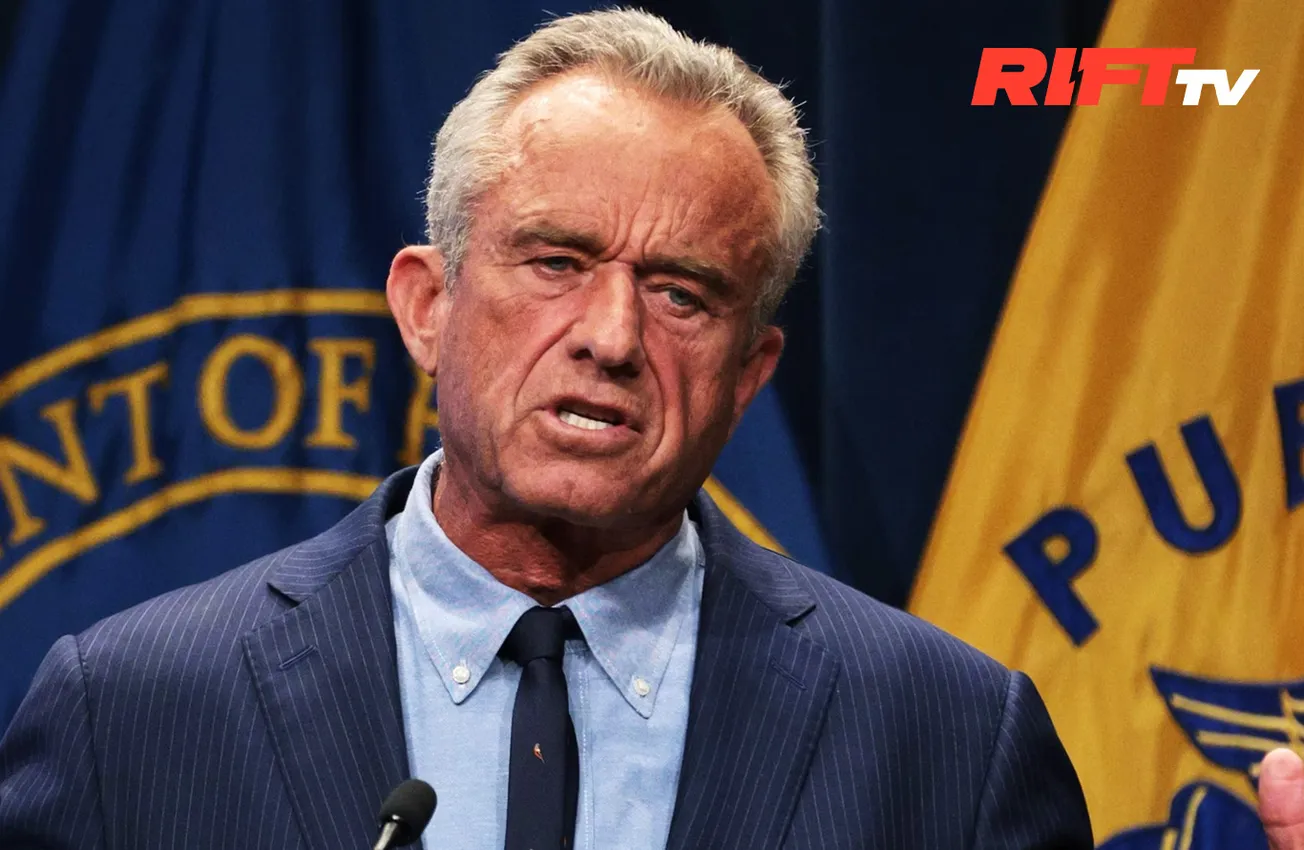Mark Zuckerberg’s announcement that Meta Platforms will ditch third-party fact-checkers in favor of a user-driven "Community Notes" feature has set the internet ablaze.
Framed as a move to restore free expression and simplify content policies, the change starts in the United States and mimics Elon Musk’s similar system on X (formerly Twitter).
But let’s not kid ourselves—this pivot isn’t just about championing free speech. With Trump’s return to the political stage and Dana White joining Meta’s board, it’s hard not to see this as Zuckerberg bracing for a seismic cultural and political shift.
NOW - Zuckerberg: "We're going to get rid of fact-checkers and replace them with community notes, similar to X." pic.twitter.com/UtZxzCojpN
— Disclose.tv (@disclosetv) January 7, 2025
Trump’s Return: The Elephant in the Room
Love him or hate him, Trump’s likely return to the White House in 2025 is already reshaping the landscape for Big Tech. During his first term, the former president was no stranger to calling out platforms like Facebook for their censorship and alleged political bias. His banning from Meta platforms after January 6th became a flashpoint in the debate over free speech in America.
Fast forward to today, and Zuckerberg’s sudden pivot feels less like a visionary embrace of open dialogue and more like a preemptive maneuver to avoid becoming a target in Trump’s next term. Let’s not forget, Trump’s team has already hinted at potential action against Big Tech if he wins reelection—actions that could include antitrust lawsuits, regulatory crackdowns, or new laws curtailing censorship.
By adopting a system like Community Notes, Meta can now position itself as a neutral arbiter of free speech rather than a gatekeeper of political discourse. Convenient timing, wouldn’t you say?
Enter Dana White: A Signal to Conservatives?
If the shift to Community Notes wasn’t enough to raise eyebrows, the announcement that UFC President Dana White is joining Meta’s board is a surefire signal that Zuckerberg is rebranding Meta for a new era. White, a vocal supporter of free speech and a close ally of Trump, brings with him a no-nonsense, anti-censorship ethos that resonates with the conservative base.
White’s presence on the board serves two purposes. First, it helps Meta shake its reputation as a left-leaning tech giant that has alienated half the country. Second, it aligns Zuckerberg with figures who are seen as culturally untouchable—White is a powerhouse who’s navigated cancel culture with ease, making him the perfect addition for a company trying to recalibrate its public image.
The “Free Expression” Facelift
Zuckerberg’s move toward free expression conveniently aligns with Trump’s rhetoric, which has always revolved around unshackling social media platforms from their perceived liberal bias. By relaxing content restrictions and adopting a user-moderated approach, Meta not only appeases critics but also shields itself from future political scrutiny.
The timing isn’t subtle. Meta has been accused of overreach for years, with allegations of censorship and political favoritism dogging its reputation. With Community Notes, Zuckerberg can claim he’s “listening to the people” while preparing for the very real possibility of a more conservative regulatory environment under a Trump administration.
A Strategic Move, Not a Change of Heart
While Zuckerberg might frame these changes as a commitment to free speech, they feel more like a strategic repositioning to survive in a rapidly shifting political landscape. This isn’t about lofty principles; it’s about survival. If Trump does return to power, Big Tech will face a wave of scrutiny like never before, and Zuckerberg knows it.
The addition of Dana White to the board only reinforces this. White’s presence is a signal that Meta is trying to align itself with the cultural and political forces that could dominate the next few years. This isn’t a coincidence—it’s a calculated move to protect Meta’s interests and position the company as a neutral player in a divided nation.
Covering His Ass or a New Zuckerberg?
So, is Mark Zuckerberg suddenly a champion of free expression? Unlikely. His recent moves seem less about a change of heart and more about bracing for the storm that a Trump presidency could bring. By overhauling content moderation, aligning with figures like Dana White, and distancing Meta from its controversial past, Zuckerberg is hedging his bets.
Whether these changes are enough to save Meta from the coming political firestorm remains to be seen. But one thing is clear: Mark Zuckerberg isn’t turning over a new leaf—he’s covering his ass. And with Trump looming and White now in his corner, he’s betting that a few well-timed pivots can keep Meta in the game.
Sources:
- Meta replaces fact-checking with X-style community notes
AP News coverage of the shift to Community Notes and its implications for content moderation. - Meta shelves fact-checking program in US, adopts X-like 'Community Notes' model
Reuters article detailing Meta’s transition to a user-driven content moderation system. - Zuckerberg, inspired by Musk, abandons fact checking for Community Notes
The Verge discusses the rationale behind Meta’s pivot and the addition of Dana White to the board. - Dana White joins Meta board amid content moderation shakeup
Axios examines Dana White’s role in Meta’s evolving strategy and its impact on Big Tech’s culture. - Why Trump’s return could spell trouble for Big Tech
Politico explores the potential regulatory challenges Meta could face if Trump returns to power.








